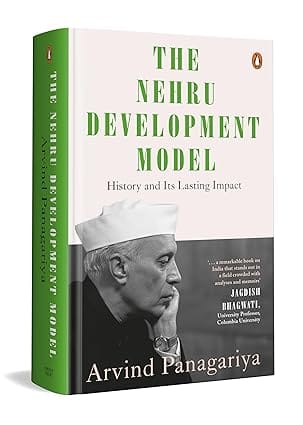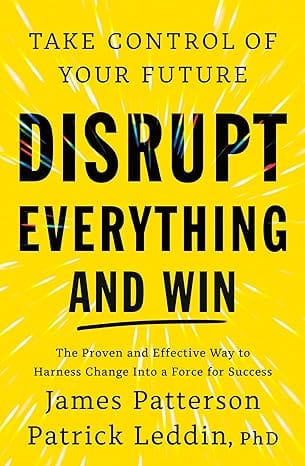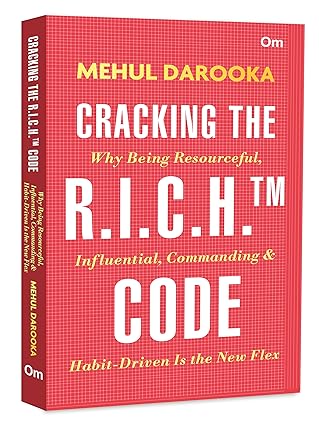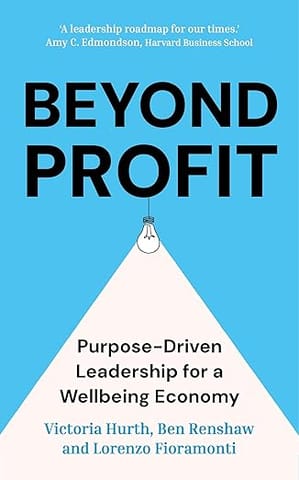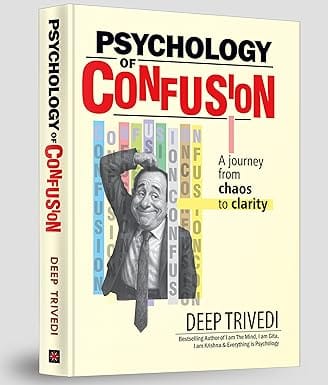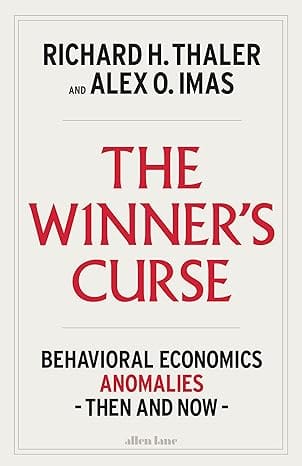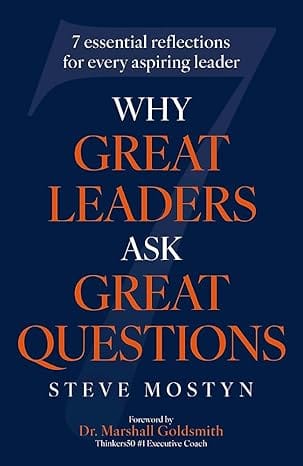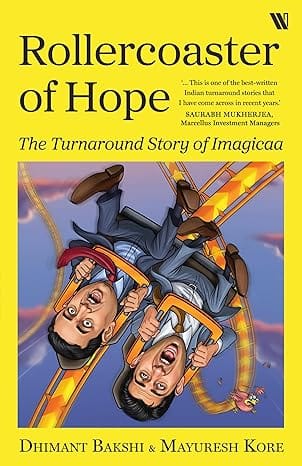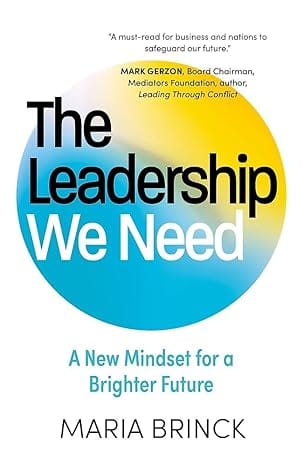- Non-ficton
- Non-ficton
- Contemporary Fiction
- Contemporary Fiction
- Children
- Children
- Comics & Graphic Novels
- Comics & Graphic Novels
- Non-Fiction
- Non-Fiction
- Fiction
- Fiction
At Independence, Pandit Jawaharlal Nehru, India’s first prime minister, embarked upon a political and an economic project. His political project-to put India on the democratic path-was a resounding success.
This success, though, was marred by an equally resounding failure of Nehru’s economic project, built on the development of heavy industry, an expanding public sector, and relative isolation from world markets. It failed to produce the growth necessary to rid India of poverty and bequeathed an ethos that made a switch to an outward-oriented, pro-market economy a real challenge in the post-Nehru era. This line of thinking remains entrenched in the Indian political, intellectual, bureaucratic, and business constituencies.
This book by renowned economist and policymaker Arvind Panagariya is an attempt to systematically document the economic history of the Nehru era and its impact on contemporary economic thought and post-Nehru economic policymaking.
How did this system evolve? What was the influence of Nehru’s thinking on it? Above all, how did the economic history and thought of this era affect subsequent policymaking in India? These are the big questions that this volume attempts to answer.
Review
Panagariya has done the improbable. He has again written a remarkable book on India that stands out in a field crowded with analyses and memoirs. In it, he tells the fascinating tale of India’s early efforts under Pandit Jawaharlal Nehru to combat poverty through industrialization and growth, why they failed, and how the decisions made during those fateful decades continue to influence the economic policies and outcomes till today.
-- Jagdish Bhagwati, University Professor, Columbia University
The most thorough and persuasive writer on the economy of post-independence India, Panagariya combines a deep understanding of history with plain good writing to show how beliefs and personalities in Nehru’s India left a lasting legacy on the pathway of economic change in the country.
-- Tirthankar Roy, Professor of Economic History, London School of Economics and Political Science
Nehru's development model involved state-planning and import licensing with the goal of fostering industrialization. Arvind Panagariya has written a fascinating study of its origins, effects, and downfall. The book is a tremendous achievement, detailed but accessible to all readers, and interesting throughout. Young people in India who do not know this essential history should read this book to understand how good intentions, but bad economic policy held India back for so many decades.
-- Douglas Irwin, Dartmouth College
Panagariya ups the level of debate on Jawaharlal Nehru’s economics, tracing its origins, its translation into policy, and its persistence after his death. He is a critic, but even fans of Nehru will learn from this carefully argued book.
-– Anand Swamy, Class of 1924 Professor of Economics, Williams College
- Home
- Business and Management
- The Nehru Development Model History And Its Lasting Impact
The Nehru Development Model History And Its Lasting Impact
SIZE GUIDE
- ISBN: 9780143466567
- Author: Arvind Panagariya
- Publisher: Penguin Viking
- Pages: 544
- Format: Hardback
Book Description
At Independence, Pandit Jawaharlal Nehru, India’s first prime minister, embarked upon a political and an economic project. His political project-to put India on the democratic path-was a resounding success.
This success, though, was marred by an equally resounding failure of Nehru’s economic project, built on the development of heavy industry, an expanding public sector, and relative isolation from world markets. It failed to produce the growth necessary to rid India of poverty and bequeathed an ethos that made a switch to an outward-oriented, pro-market economy a real challenge in the post-Nehru era. This line of thinking remains entrenched in the Indian political, intellectual, bureaucratic, and business constituencies.
This book by renowned economist and policymaker Arvind Panagariya is an attempt to systematically document the economic history of the Nehru era and its impact on contemporary economic thought and post-Nehru economic policymaking.
How did this system evolve? What was the influence of Nehru’s thinking on it? Above all, how did the economic history and thought of this era affect subsequent policymaking in India? These are the big questions that this volume attempts to answer.
Review
Panagariya has done the improbable. He has again written a remarkable book on India that stands out in a field crowded with analyses and memoirs. In it, he tells the fascinating tale of India’s early efforts under Pandit Jawaharlal Nehru to combat poverty through industrialization and growth, why they failed, and how the decisions made during those fateful decades continue to influence the economic policies and outcomes till today.
-- Jagdish Bhagwati, University Professor, Columbia University
The most thorough and persuasive writer on the economy of post-independence India, Panagariya combines a deep understanding of history with plain good writing to show how beliefs and personalities in Nehru’s India left a lasting legacy on the pathway of economic change in the country.
-- Tirthankar Roy, Professor of Economic History, London School of Economics and Political Science
Nehru's development model involved state-planning and import licensing with the goal of fostering industrialization. Arvind Panagariya has written a fascinating study of its origins, effects, and downfall. The book is a tremendous achievement, detailed but accessible to all readers, and interesting throughout. Young people in India who do not know this essential history should read this book to understand how good intentions, but bad economic policy held India back for so many decades.
-- Douglas Irwin, Dartmouth College
Panagariya ups the level of debate on Jawaharlal Nehru’s economics, tracing its origins, its translation into policy, and its persistence after his death. He is a critic, but even fans of Nehru will learn from this carefully argued book.
-– Anand Swamy, Class of 1924 Professor of Economics, Williams College
User reviews
NEWSLETTER
Subscribe to get Email Updates!
Thanks for subscribing.
Your response has been recorded.

India's Iconic & Independent Book Store offering a vast selection of books across a variety of genres Since 1978.
"We Believe In The Power of Books" Our mission is to make books accessible to everyone, and to cultivate a culture of reading and learning. We strive to provide a wide range of books, from classic literature, sci-fi and fantasy, to graphic novels, biographies and self-help books, so that everyone can find something to read.
Whether you’re looking for your next great read, a gift for someone special, or just browsing, Midland is here to make your book-buying experience easy and enjoyable.
We are shipping pan India and across the world.
For Bulk Order / Corporate Gifting
 +91 9818282497 |
+91 9818282497 |  [email protected]
[email protected]
Click To Know More
INFORMATION
QUICK LINKS
ADDRESS
Shop No.20, Aurobindo Palace Market, Near Church, New Delhi

